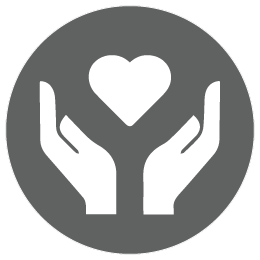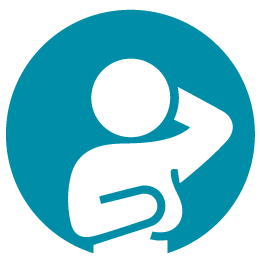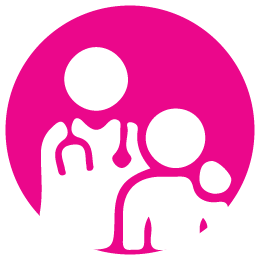Are you interested in providing feedback on this webpage? Please fill out our evaluation here.
In its early stages, breast cancer is more likely to be successfully treated. Being breast aware and regularly checking for any changes in your breasts may help to catch breast cancer early.
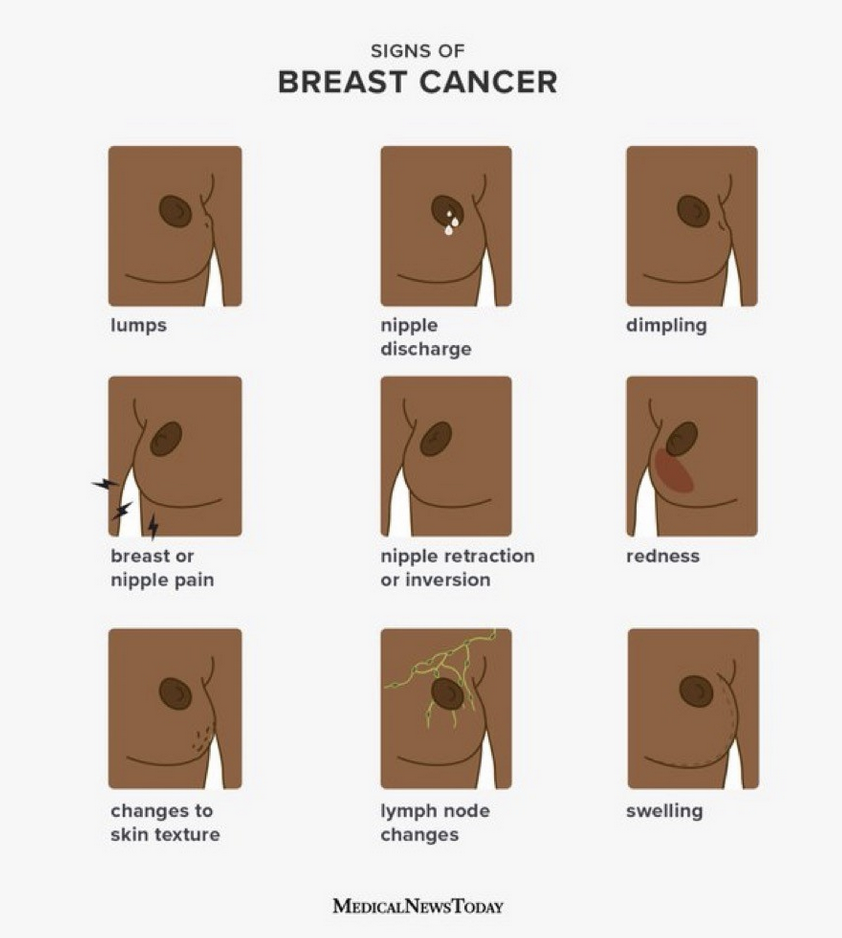
It’s important to keep in mind that experiencing some of these symptoms does not necessarily mean you have breast cancer. These are important signs to look out for when being breast aware.
Be Breast Aware
- Being breast aware is important for everyone, especially for those with an increased risk of breast cancer due to a genetic mutation or family history.
- Being breast aware means getting to know your own body. Get comfortable
- with what your breasts normally look and feel like, and how they may normally change over the course of the month.
- If you are breast aware, you may notice unusual changes to your breasts sooner.
What changes should I look for?
- Lumpiness in your breasts is normal breast tissue. However, it is important to know what is normal for you so that you can notice any changes. You may also notice changes during your menstrual cycle.
- Lumps that are new, hard, or do not move easily are more worrisome. You should also feel for any lumps in your armpits.
- Monthly breast self-exams and annual breast examinations by a healthcare provider or nurse are not currently recommended. However, if you are breast aware, you can look out for changes (see Fig 1.) that may indicate early signs of breast cancer.
Get Screened
- Screening for cancer is a way to detect cancer early, before any symptoms have appeared. Screening for breast cancer is done using a mammogram (an x-ray of the breast)
- In Canada, it’s recommended that most women have a mammogram every two years from the ages of 50 to 74. This is called routine screening. Routine screening is important because the goal is to catch cancer early, before it can spread to other parts of the body.
- For women aged 40 to 49, the Canadian Cancer Society recommends having a conversation with your health care provider about your risk and whether breast screening is right for you at this age. Continuing with screening after the age of 75 is also an option, but we encourage you to talk to your health care provider about this.
- Women who are classified as ‘high risk’ between the ages of 30 to 69 are recommended by Cancer Care Ontario to get both a mammogram and breast magnetic resonance imaging (MRI) every year. If you are not in Ontario, check what the recommendations are in your jurisdiction.
Why is this important for Black Women?
What does this mean for me?
Even though early screening is extremely important to detect cases of breast cancer early on, research shows that Black women may not be getting screened as often as they should.
- Studies in the U.S. tell us that Black women are less likely to be screened for breast cancer. This could be due to a number of structural and systemic barriers that include socioeconomic status, lack of healthcare provider discussion mammograms, mistrust of the healthcare system, as well as cultural norms and beliefs. 15-18
- We do not know much in Canada, but in 2017, almost 65% of women from Muslim-majority Sub-Saharan African countries were overdue for breast screening in Ontario. This was the highest percent overdue for any group included in the study. 19
- Other reasons for why Black women may not get screened may have to do with fear of pain, discomfort or the belief that they are not at risk of cancer at all. 20 Generally, lower cancer screening rates among the Black community may also be due to stigma, mistrust and financial barriers. 20
- It is important for you to have a conversation about your overall risk of breast cancer with your healthcare provider and to discuss screening, including when you should start. This is especially important since we know that Black women may be at risk of developing more aggressive forms of breast cancer, may be diagnosed at younger ages, and may be less likely to be screened.
- Ontario Health (Cancer Care Ontario)’s screening program, Ontario Breast Screening Program (OBSP) is also available to motivate all eligible women in Ontario to get screened for breast cancer. No referral is needed; you can contact your local OBSP directly. You can also ask your healthcare provider to make a referral. If you are outside of Ontario, check out screening options in your jurisdiction.
- It is important for trans women and trans men to get screened for breast and chest cancer. The Canadian Cancer Society outlines some screening criteria for both trans women and trans men that might be applicable to you, as does Ontario Health (Cancer Care Ontario).
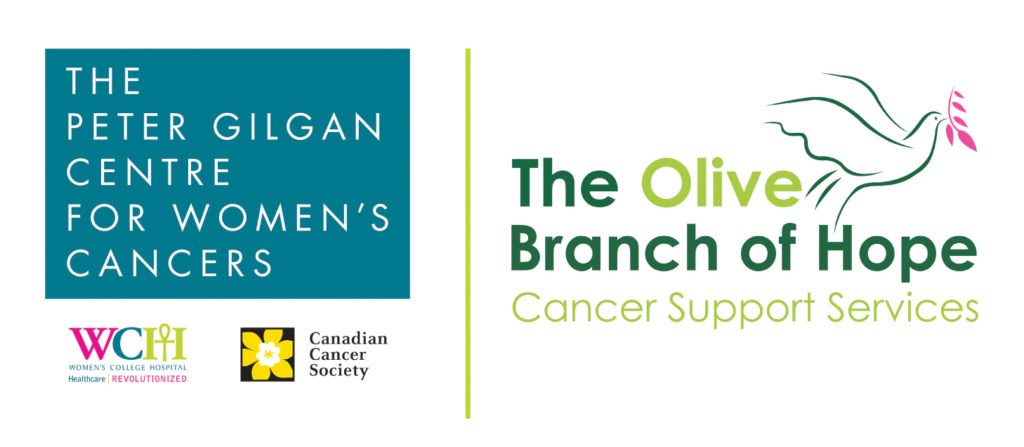
References | Glossary | Graphics Designed Nafisa Salima
This site is best viewed on Chrome
Are you interested in providing feedback on this webpage? Please fill out our evaluation here.
